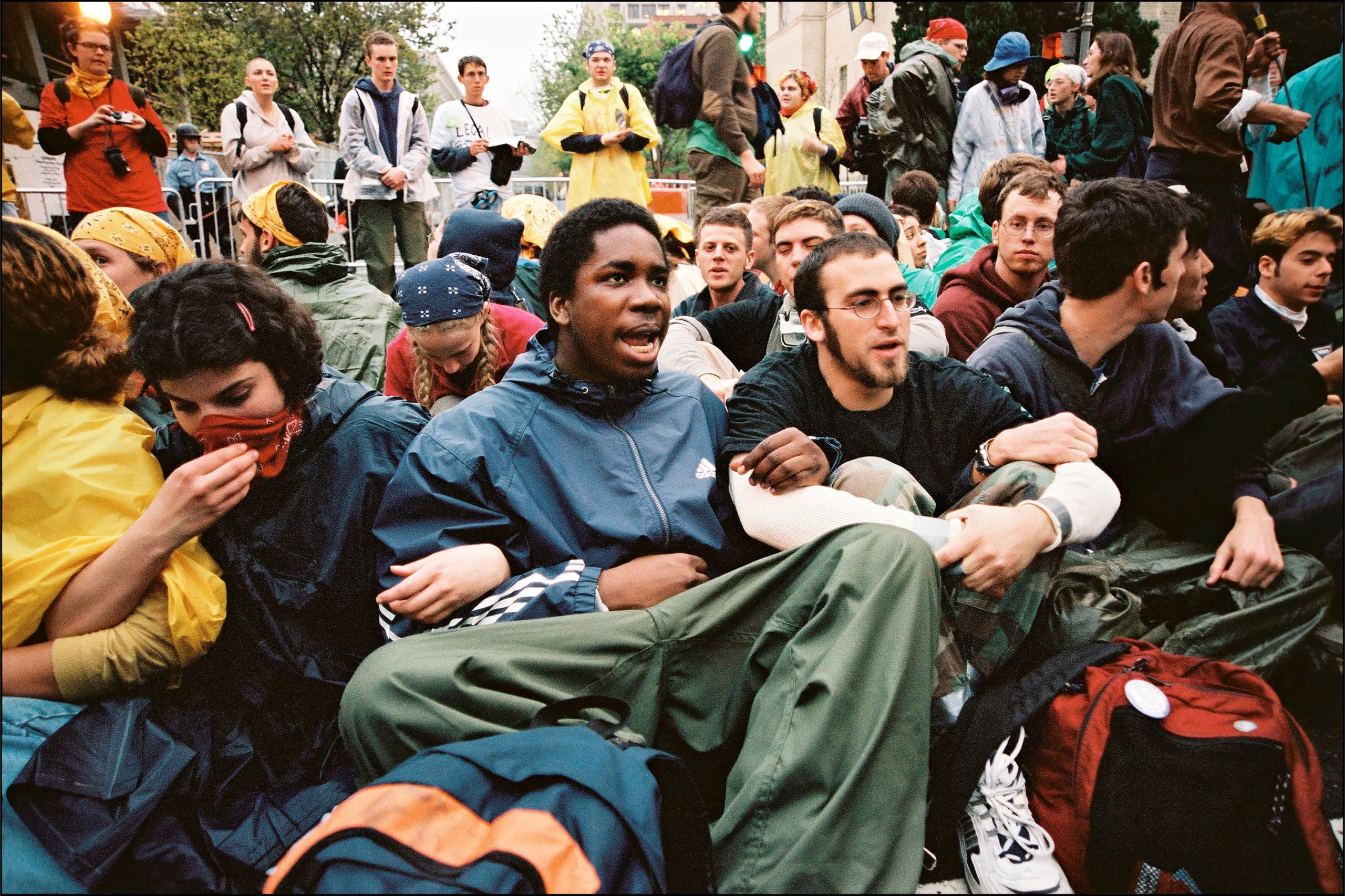Photo: Langelle/GJEP
See all of our COVID-19 coverage
This is a Global Pandemic – Let’s Treat it as Such
Verso 27 Mar 2020
Adam Hanieh
In the face of the COVID-19 tsunami, our lives are changing in ways that were inconceivable just a few short weeks ago. Not since the 2008-2009 economic collapse has the world collectively shared an experience of this kind: a single, rapidly-mutating, global crisis, structuring the rhythm of our daily lives within a complex calculus of risk and competing probabilities.
In response, numerous social movements have put forward demands that take seriously the potentially disastrous consequences of the virus, while also tackling the incapacity of capitalist governments to adequately address the crisis itself. These demands include questions of worker safety, the necessity of neighbourhood level organising, income and social security, the rights of those on zero-hour contracts or in precarious employment, and the need to protect renters and those living in poverty. In this sense, the COVID-19 crisis has sharply underscored the irrational nature of health care systems structured around corporate profit – the almost universal cutbacks to public hospital staffing and infrastructure (including critical care beds and ventilators), the lack of public health provision and prohibitive cost of access to medical services in many countries, and the ways in which the property rights of pharmaceutical companies serve to restrict widespread access to potential therapeutic treatments and the development of vaccines.
However, the global dimensions of COVID-19 have figured less prominently in much of the left discussion. Mike Davis has rightly observed that “the danger to the global poor has been almost totally ignored by journalists and Western governments” and left debates have been similarly circumscribed, with attention largely focused on the severe health care crises unfolding in Europe and the US. Even inside Europe there is extreme unevenness in the capacity of states to deal with this crisis – as the juxtaposition of Germany and Greece illustrates – but a much greater disaster is about to envelop the rest of the world. In response, our perspective on this pandemic must become truly global, based on an understanding of how the public health aspects of this virus intersect with larger questions of political economy (including the likelihood of a prolonged and severe global economic downturn). This is not the time to pull up the (national) hatches and speak simply of the fight against the virus inside our own borders.
To read more visit Verso



